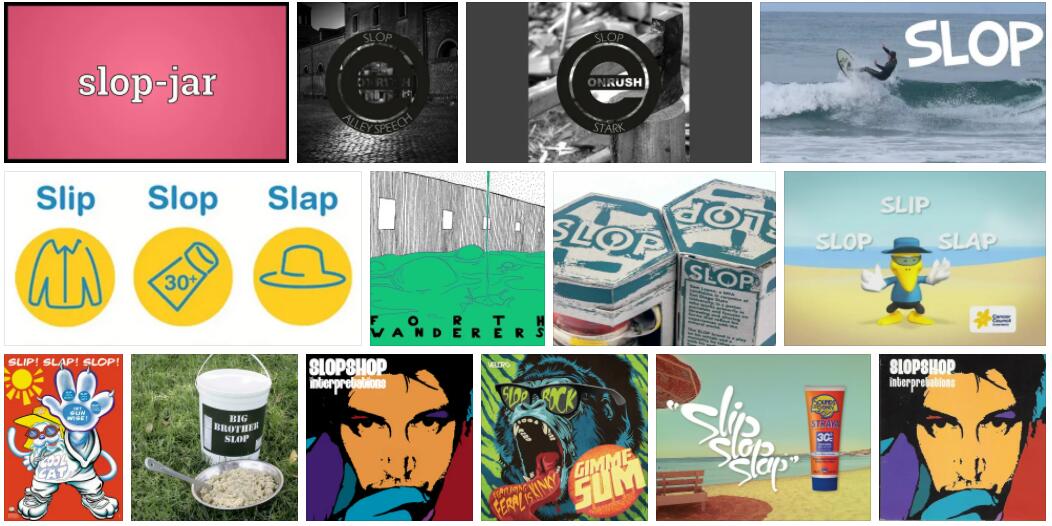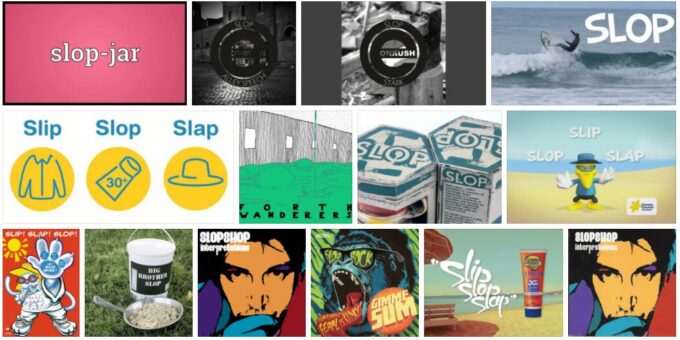The etymological root of the term slop is found in the Italian language. The first meaning collected by the dictionary of the DigoPaul refers to a mixture of waste and feces.
By extension, everything that is disgusting or despicable is called slop. The slops, due to their characteristics, are not worthy of appreciation or esteem.
For example: “That movie sucks! It bored me a lot “, ” A person who mistreats a child in this way is nothing more than a slop “, ” I am not going to eat this slop “.
The notion of slop is derogatory: that which is defined as slop is not recognized as positive qualities. Suppose that a journalist, when reviewing the new album of a rock band, points out that the album is a “slop” since it presents twelve songs that are very similar to each other and that, in turn, are copies of songs by other artists. By claiming that the record is “slop,” you are equating it with garbage or something disposable.
A slop can also be a person or the actions of an individual. Someone may consider that a subject who beats a child is a slop: nothing justifies the physical punishment of a minor, that is why whoever hits a boy is disgusting. On the other hand, if a political leader demands that homosexuals be imprisoned as they violate public morals, many may indicate that the words of this leader are “slop”.
Despite the connotations that the term slop has, its use in a conversation of a certain formality is not frowned upon, unlike the so-called bad words or swear words. While it is not part of the vocabulary we would use to converse in an audience with British royalty, it is not an especially vulgar word either.
On the other hand, perhaps it is the character that we usually print when pronouncing it that makes it unsuitable for the formal setting. When we say that something is slop, we are far from issuing a mere opinion, but rather we denote a certain degree of contempt, a regret for having encountered it in our life, be it a movie, a book or a gastronomic recipe, among many other possibilities.
Likewise, when we accuse someone of slop, we say much more than “he’s a bad person,” as we are probably trying to make clear our lack of approval for their behavior in an outright way. As mentioned in a previous paragraph, violence against children or homophobia are two of the attitudes that could characterize an individual that we label with this adjective, because they are ways of acting or thinking that violate rights and freedom from others.
The letters that make up the word slop make it more suitable for expressing through sounds the disgust caused by the subject than others, such as garbage, for example. The force that we can exert when pronouncing the f, in the first place, gives us the possibility of adjusting the intensity to our liking, in addition to extending the duration of the term; then the i appears, a particularly sharp and sharp vowel, which in this case is not accented but that does not prevent it from adding a sour touch to the communication.
It should be noted that this word is not as common today as it was a couple of decades ago, in part due to the growing acceptance in everyday speech of foreign words that are modifying the language and removing its most distinctive features.

